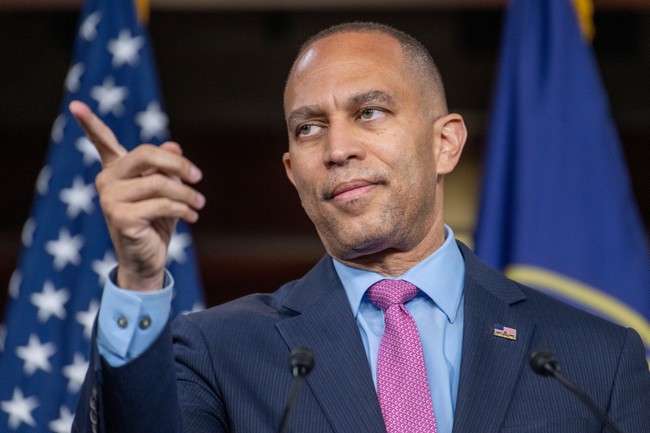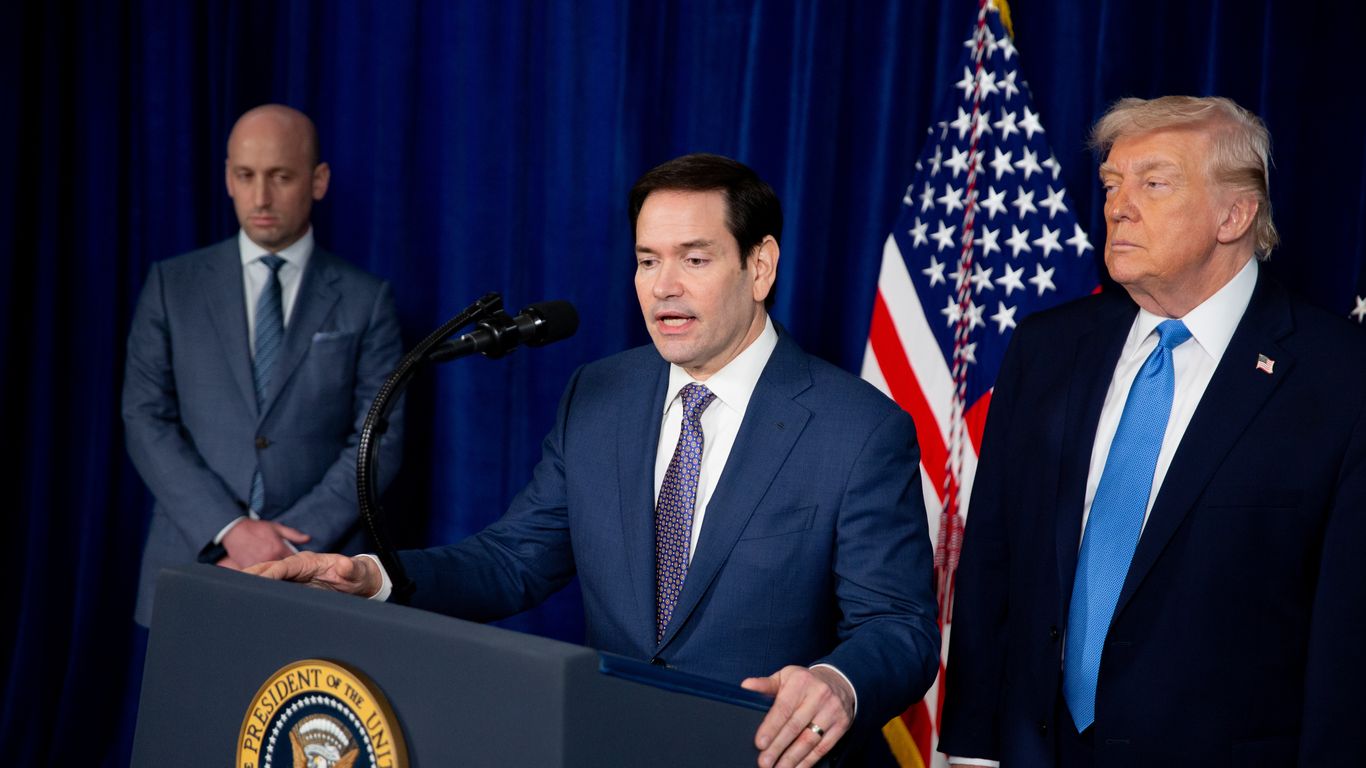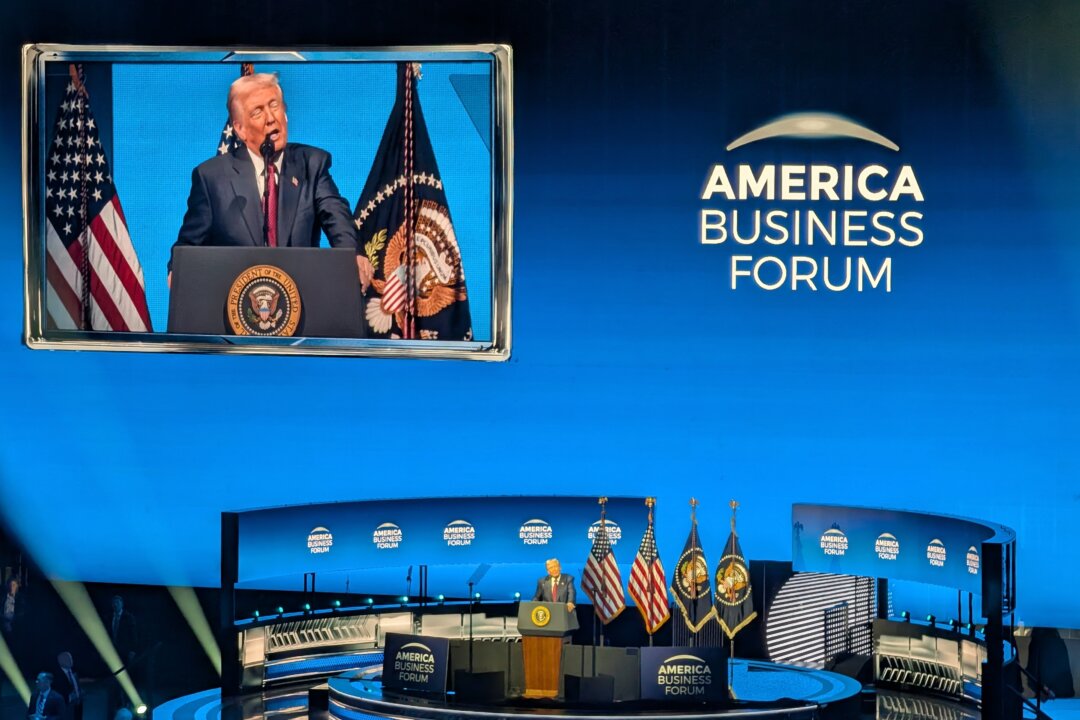In a recent heated exchange, former Trump administration official Scott Bessent publicly criticized Democratic Representative Hakeem Jeffries, delivering a pointed message regarding Jeffries’ political views. Bessent’s remarks came during a panel discussion where he expressed his frustration with what he perceives as ignorance among some members of the Democratic Party.
Direct Criticism Amid Political Tension
Bessent’s comments were unambiguous, stating, “It’s ignorant & it’s sad he has no idea how ignorant he is,” in reference to Jeffries. This direct approach contrasts sharply with the more passive-aggressive tone often attributed to political discourse in recent years. Bessent’s remarks have gained traction online, resonating with those who feel similarly about the current political climate.
The backdrop of this exchange is significant. The Trump administration has faced criticism for its handling of various political issues, particularly during the Biden presidency. Bessent’s candid remarks reflect a growing sentiment among some conservatives who feel that their perspectives have been dismissed or mischaracterized by their political opponents.
Many supporters of Bessent argue that his willingness to confront figures like Jeffries is refreshing. They believe it highlights a necessary confrontation of ideas within the political arena, especially given the charged environment that exists today.
A Broader Commentary on Political Discourse
Bessent’s critique of Jeffries taps into a wider narrative surrounding the Democratic Party’s messaging and its perception among conservatives. Criticism has been directed at Democratic leaders for their use of terms such as “extremists” when referring to their opponents. Commentators have noted that this kind of language can deepen divisions rather than foster constructive dialogue.
Furthermore, Bessent’s comments may reflect frustrations that many have regarding political accountability and transparency. His identification of Jeffries as “low hanging fruit” suggests a belief that the Democratic leadership is vulnerable to straightforward challenges from the opposition.
As the political landscape continues to evolve, the way figures like Bessent engage with their counterparts will likely shape future discussions. The exchange has sparked conversations about the effectiveness of direct criticism in an era where political rhetoric can often feel overly scripted or cautious.
In an unrelated note, the political climate remains charged as the government faces challenges related to budget negotiations, with leaders like Chuck Schumer at the forefront. The implications of these discussions could affect broader political strategies moving forward.
As Bessent continues to make headlines with his forthright style, it will be interesting to observe how his approach influences other political figures and the public’s perception of political discourse in general.







